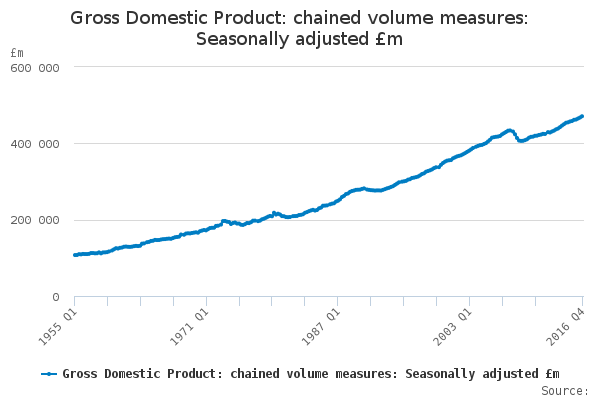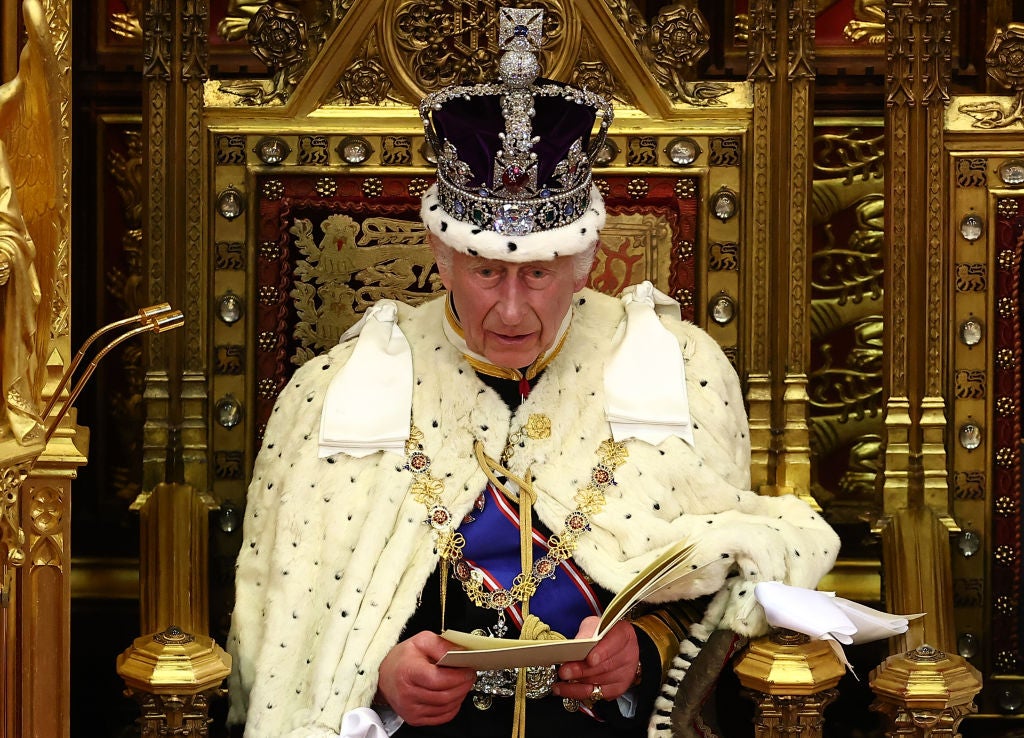
The UK is no longer the fastest-growing major advanced economy following the publication of revised figures from the Office for National Statistics (ONS).
Britain’s economy accelerated at the end of 2016 but growth for the whole year was weaker than previously thought.
Gross domestic product rose by 0.7 percent in the fourth quarter compared with 0.6 percent in the previous three months, marking the strongest showing since the fourth quarter of 2015.
However the ONS trimmed its estimate for 2016 growth to 1.8 percent from 2.0 percent, reflecting weaker stock-building that led to a downward revision first quarter figures.
Germany’s economy meanwhile grew by 1.9 percent in 2016, putting it at the top of the pile.
How well do you really know your competitors?
Access the most comprehensive Company Profiles on the market, powered by GlobalData. Save hours of research. Gain competitive edge.

Thank you!
Your download email will arrive shortly
Not ready to buy yet? Download a free sample
We are confident about the unique quality of our Company Profiles. However, we want you to make the most beneficial decision for your business, so we offer a free sample that you can download by submitting the below form
By GlobalDataJohn Hawksworth, chief economist at PwC,said:
“The main reason for the downward revision seems to have been weaker North Sea oil and gas production during the first half of 2016; however, this is a sector-specific trend that does not really reflect the underlying strength of the UK economy. Excluding oil and gas output, estimated UK GDP growth might actually have been revised up in 2016.
“Looking ahead, we still expect some slowdown in UK growth to an average of around 1.5 percent in 2017 and 2018 as higher inflation bites into consumer spending power, which in turn reduces incentives for increased business investment and hiring in consumer-focused sectors. But there could be some offset to this from stronger export growth as the world economy continues its gradual recovery and the pound remains at competitive levels for UK exporters.”








